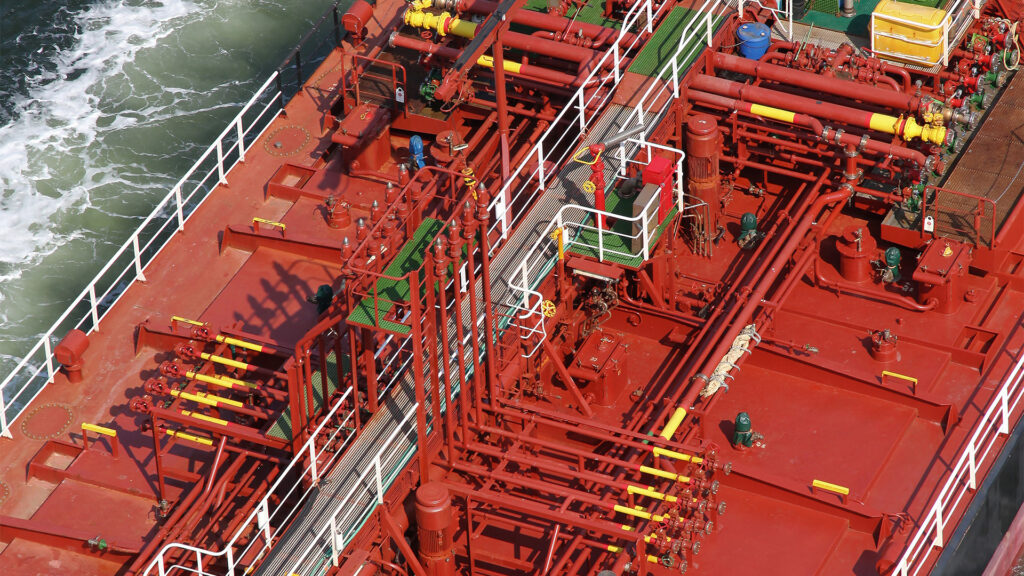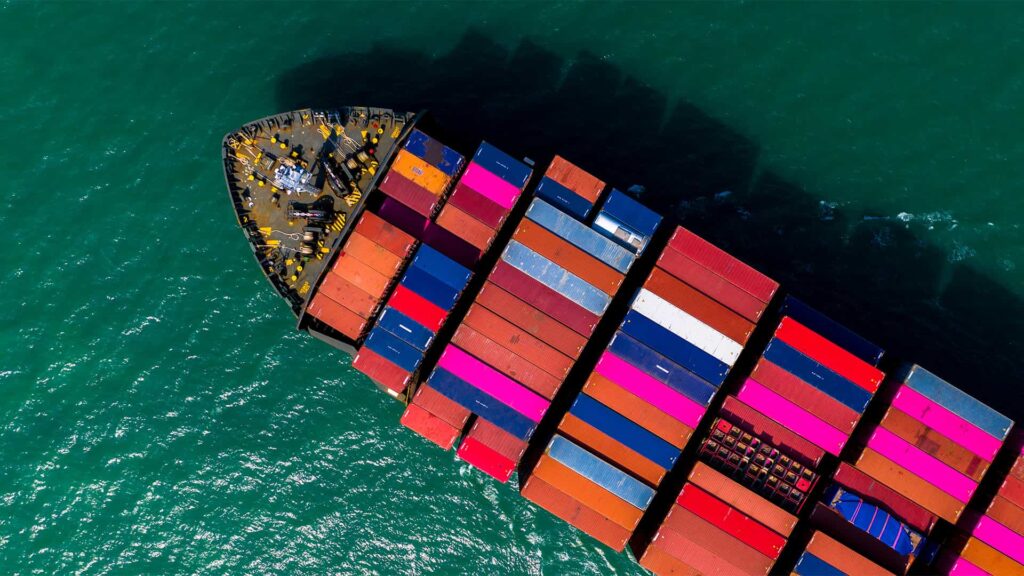
“ATLANTIK CONFIDENCE”: Court of Appeal Rejects Owner’s Application for Permission to Appeal, September 2017
In our briefing of October 20161 we reported on the decision of Teare J who held that the Owners of the “ATLANTIK CONFIDENCE” were not entitled to limit their liability under the Convention on Limitation of Liability for Maritime Claims 1976 (as amended, the Convention) because the vessel had been “deliberately sunk by the master and chief engineer at the request of Mr. Agaoglu, the alter ego of the Owners.”
In December 2016, the Owners applied to the Court of Appeal for permission to appeal (having not sought permission from Teare J at first instance). Now, The Court of Appeal has handed down their decision in that application. Hamblen LJ found that; “Before reaching his overall conclusion the judge was careful to draw together all the stands of the evidence and stand back and look at the evidence, arguments, probabilities/improbability as a whole. It is not suggested that there is any evidence of significance which the judge ignored or failed to take into account. His conclusion was supported by a wide range of evidence….For the reasons given above, and those given in the Respondent’s Statement, I do not consider that the appeal has a real prospect of success or that there is any other compelling reason for an appeal and permission must accordingly be refused”. The application was dismissed with costs.
At the same time as handing down the Court of Appeal’s decision in relation to the application for permission to appeal, Hamblen LJ also determined the Appellant’s application to adduce new evidence in the form of witness evidence given to the Dutch court pursuant to the Taking of Evidence Regulation 1206/2001. Hamblen LJ found that the evidence could have been obtained at first instance, that Mr Agaoglu had a motive to sink the Vessel regardless of the outcome of any new evidence and that the “taking of evidence by the Dutch court under the Taking of Evidence Regulation is no proper substitute for…the witness to give oral evidence to the [English] court and be cross-examined. As a result the application was refused with costs.
This means that the decision of Teare J at first instance stands and the Owners are found to have deliberately sunk the “ATLANTIK CONFIDENCE.” Our view on the impact of this decision has not changed since October 2016, i.e. that this is a decision which turns on its own unique facts. Therefore we do not see that this decision changes the interpretation or application of Article 4 of the Convention or in any way lowers the threshold for breaking limits. It should not open the floodgates to parties seeking to break limits as the facts of this case as found by the Court are thankfully, highly unusual. We suggest that all this case demonstrates is that in the correct factual scenario the Admiralty Court will be willing to take a decision to “break limits”. We do not consider that the judgment breaks any new ground in relation to the legal test or burden of proof.
For more information, please contact the authors of this briefing:
Alex Kemp
Senior Associate, London
T +44 (0)20 7264 8432
E alex.kemp@hfw.com
Rory Butler
Partner, London
T +44 (0)20 7264 8310
E rory.butler@hfw.com
Footnote
Download a PDF version of ‘“ATLANTIK CONFIDENCE”: Court of Appeal Rejects Owner’s Application for Permission to Appeal, September 2017’












